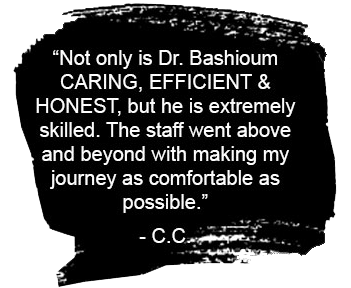Cosmetic Surgery Tax: Paying More to Look Good!
July 29th, 2009
The US Senate Finance Committee is considering a 10% tax on cosmetic surgery. The hope is to fund the State health care plan in part with an anticipated 1 billion dollars in additional revenue. The anticipated collections are based on the American Society of Plastic Surgeons’ estimate of 10.3 billion dollars having been spent on cosmetic surgery and cosmetic medicine in 2008.
I have expected this for years! New Jersey tried a cosmetic surgery tax in 2004 but it fell short of expectations. The tax was repealed in a later legislative session. Minnesota already has a 2% tax on all medical care to fund Minnesota Care, a state provided medical plan care for the needy. As countries look for new tax revenue, the government of India is considering a similar tax (http://www.prlog.org/10279957-new-cosmetic-surgery-tax-in-india-to-hit-medical-tourism-hard.html). The tax will be extended to all direct patient pay medical services and third party (or insurance) reimbursed care outside the Federal plan mirroring the Minnesota model.
Many cosmetic medicine treatments are now delivered within med spa settings. Even hair salons now offer Botox ® and other types of injections. The idea of cosmetic treatment is much broader than one would first think. Braces, teeth whitening, hair care, cosmetics, massages, nail care, hair waxing, and tanning are all services and products which are part of the cosmetic enhancement realm. As the deficit continues to grow and looms ever larger, a strong argument can and will be made to include these services, as well. It is a slippery slope!
Cosmetic Surgery Larceny
June 2nd, 2009
Today The Orange County Register reported the surrender of the “Big Busted Bandit ” to the police. Allegedly she stole a breast enlargement surgery through identity theft. She was tracked down through her implant manufacturer serial numbers, according to the paper. It makes sense that with the advent of relatively inexpensive cosmetic medicine procedures popping up in some retail settings rather than established clinics and hospitals, this kind of thing has become more “popular.” I am sure that difficult economic times have played a role as well.
Cosmetic surgery larceny is nothing new. I first saw this occur in my practice some 20 years ago. A breast enlargement patient stopped payment on her check, on the very afternoon after having surgery. I was unable to re-collect the fee even though I tried. A difficult and expensive lesson to learn as a new plastic surgeon in practice.
All goods and services including cosmetic surgery and cosmetic medicine are at risk for theft. Most long standing plastic surgery practices have been victims at some level and recognize the risk. Measures are often taken to reduce the risk of this type of fraud. Requiring prepayment by 7-10 days if paying by check is a common practice and credit card payments may also be limited, as these charges can be contested by less than honorable patients. The last responsibility needed by a physician is chasing after a fee!
